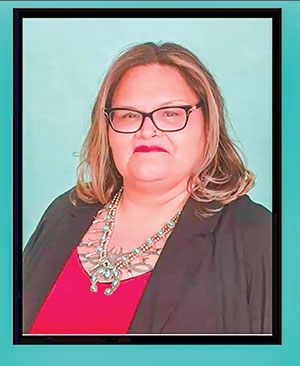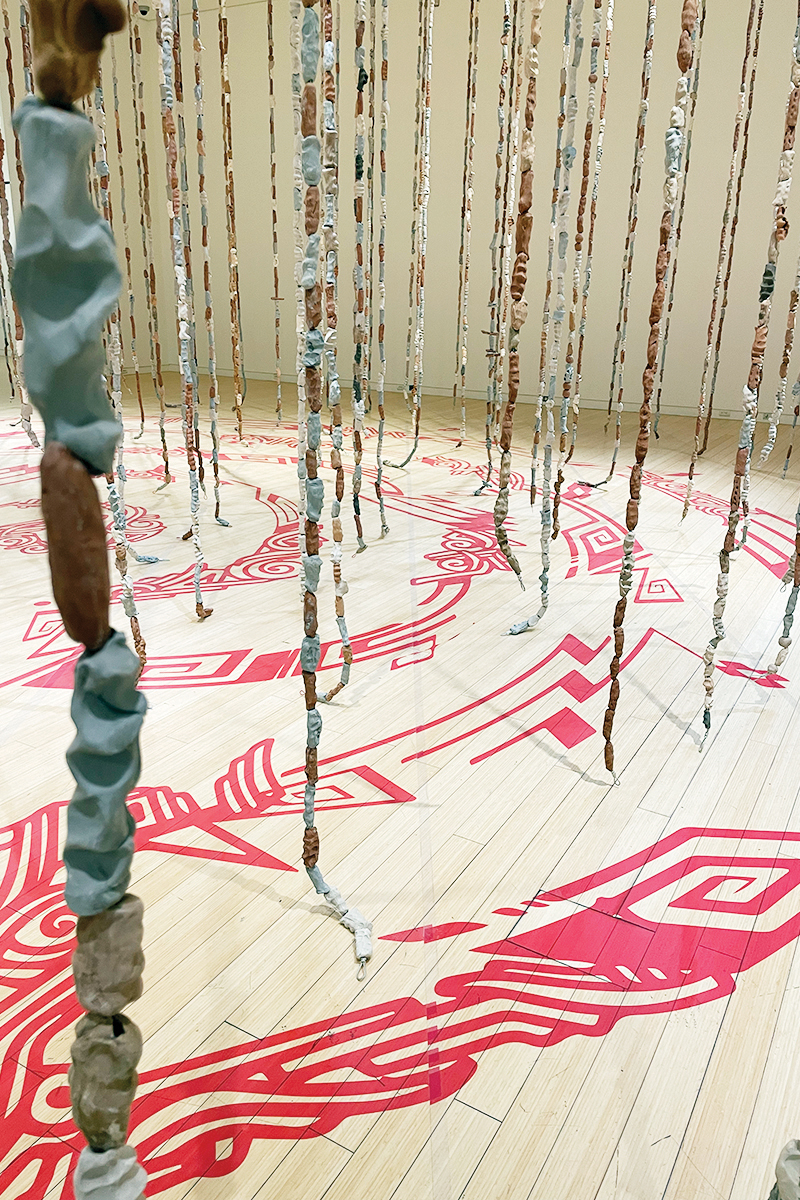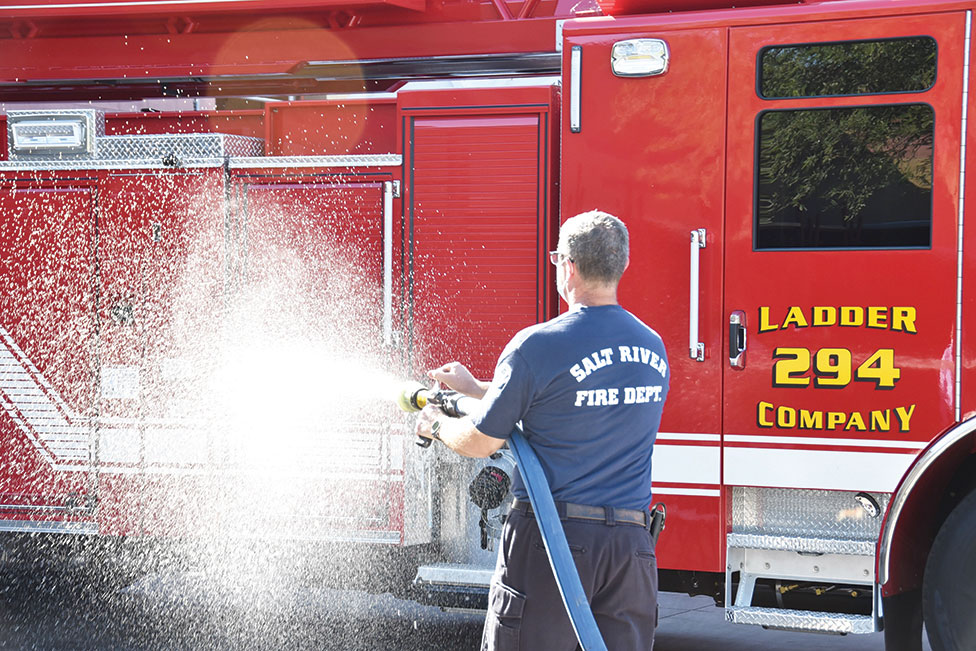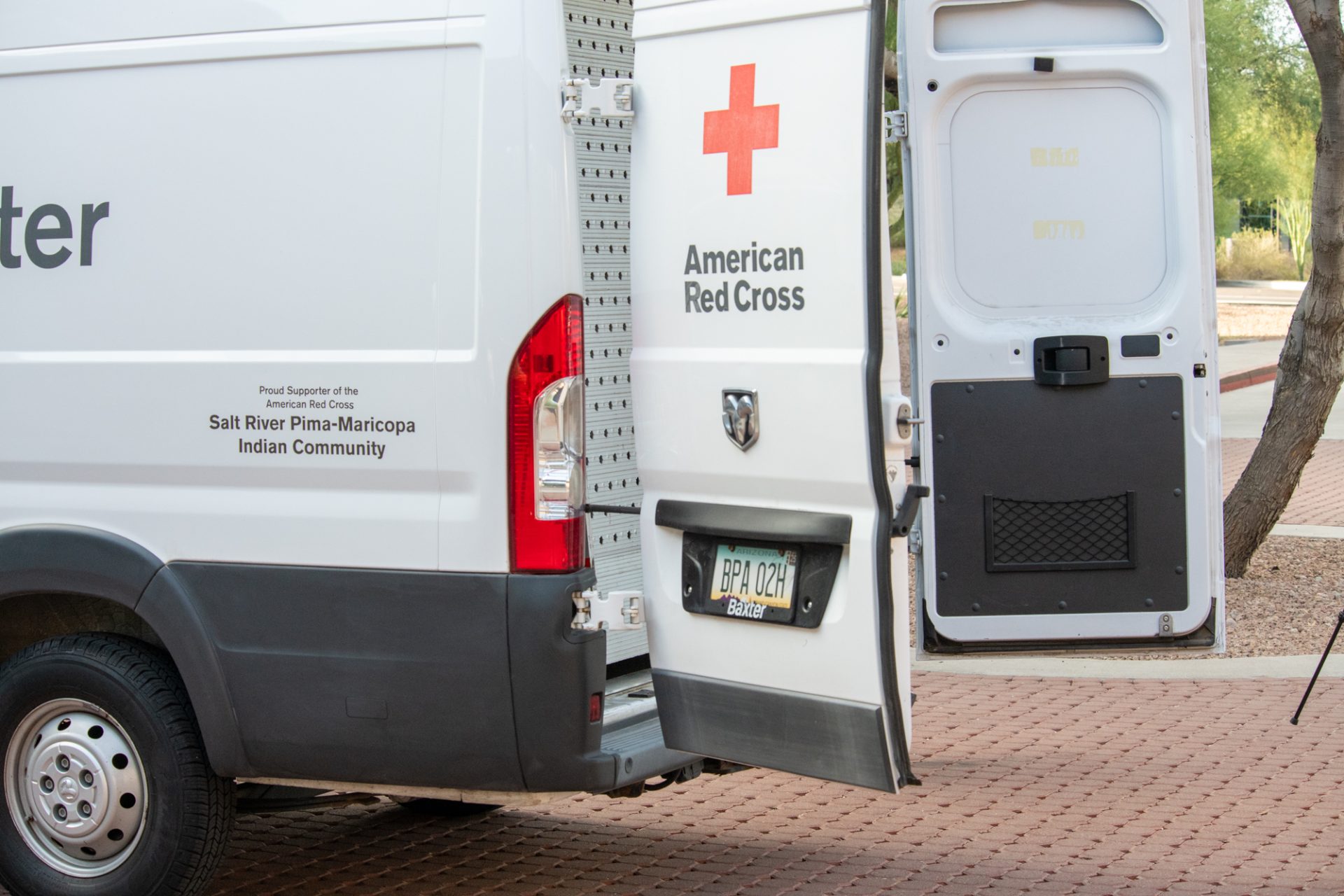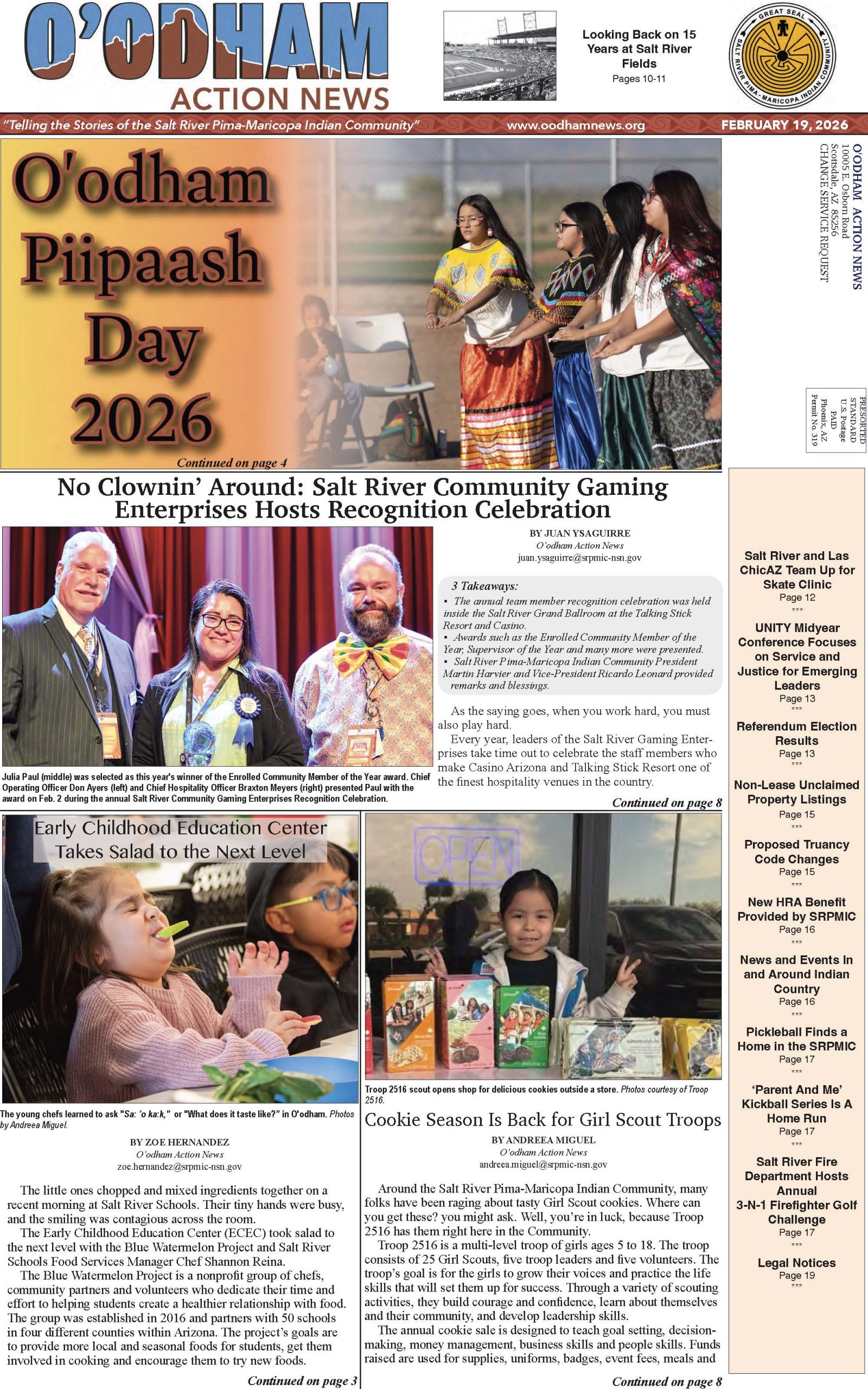VIEWS: 1954
January 19, 2024SRPMIC Hosts Webinar Discussing Sex Trafficking
“This topic is heavy,” began Memory Dawn Long Chase, domestic violence response director for the Southwest Indigenous Women’s Coalition (SWIWC). The organization is the domestic and sexual violence coalition serving Indian tribes in Arizona. Since 2006, SWIWC has worked on issues relating to the safety, justice and healing of tribal communities regarding missing and murdered Indigenous women and the LGBTQIA+ and Two-Spirit community.
Sex trafficking in Indian Country is defined as “the recruitment, harboring, transportation, provision, obtaining, patronizing or soliciting of a person for the purpose of a commercial sex act.”
The webinar on sex trafficking drew more than 50 people who attended online via Microsoft Teams. An enrolled member of the Standing Rock Sioux tribe, Long Chase referred to Indigenous victims of sex trafficking as “our relatives” and spoke with professionalism regarding the sensitive topic. “If at any point in this presentation you feel the need to step aside and get some fresh air, that’s okay,” stated Long Chase before she began.
Long Chase first dove into some factors that make people more vulnerable to sex trafficking in Indian Country. “For our relatives, ‘passing as many different ethnicities,’ ‘adolescents lacking supervision’ and ‘being a runaway or unhoused youth’ are all factors that can lead to being harmed,” she said.
Community Health Educator Vurlene Notsinneh-Bowekaty of SRPMIC Health and Human Services Suicide Prevention and Intervention provided a current example when she discussed an article she recently read. “The article that said families were using their own children to be sex trafficked so they could bring finances in to pay for bills and food,” she said. “It’s shocking.”
During the webinar, Monica Lewis asked for sex trafficking stats in the Community. Salt River Police Department Lt. Kevin Westberg was attending the webinar and was able to speak to the group. Though he did not provide the official numbers, he did state that the most recent NFL Super Bowl in Arizona, played last February 12 in Glendale, had “many task forces completing investigations and were [kept] busy” during the event.
Notsinneh-Bowekaty thanked Lt. Westberg for addressing the group and added, “[Sex trafficking] is here. We don’t know who might be doing it, but it is happening.”
Long Chase offered a few ways to help increase awareness and support our relatives who have been victims of sex trafficking. “Our youth need to be educated,” she said. “We know it’s happening in all of our communities.”
It was at Long Chase’s suggestion that all SRPMIC staff and Community members, and really everyone in Indian Country, become more educated about sex trafficking. “Parents, casino staff and security, tribal councils, our education departments, and our divisions of public safety like police and fire all need to be aware of the signs so we can better protect our relatives,” she said.
She then finished with culturally responsive ways to support survivors of sex trafficking. “We have to remember they are victims, not criminals. So, we can support them by asking what they need and offering them medical and psychological resources, as well as traditional healing resources if possible. We must take care of our relatives.”

